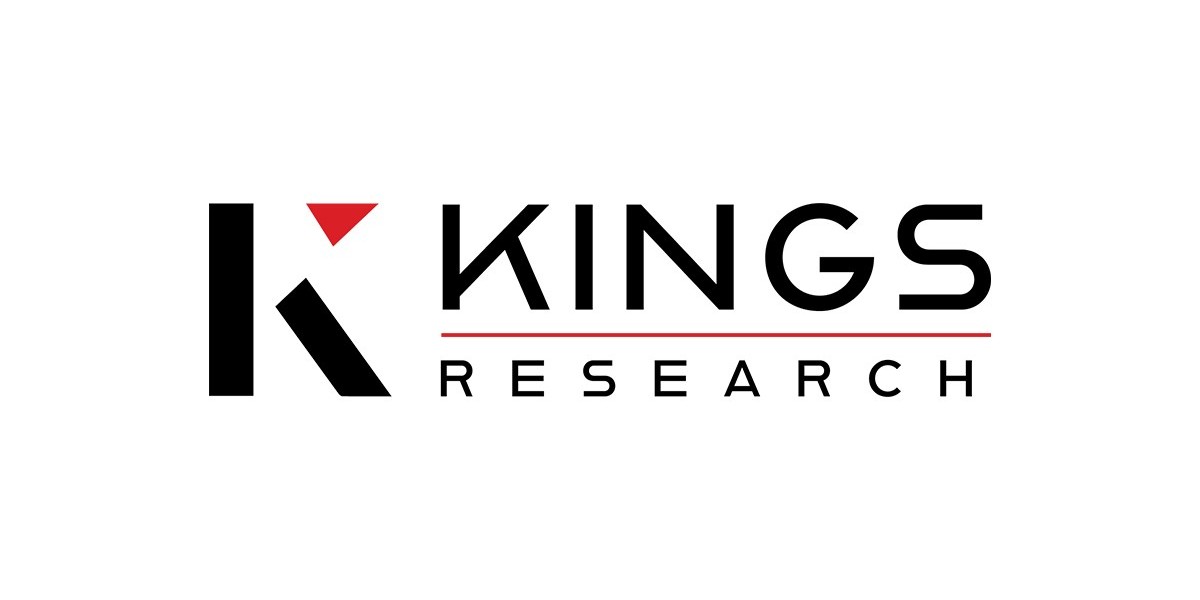SAP S/4HANA Group Reporting is a solution that offers the possibility of more efficient and better group-wide financial consolidation. Advanced financial reporting, compared to the traditional systems that are focused primarily on financial data, will also collect and integrate both financial and non-financial data. A wider scope is, therefore important to businesses interested in meeting increasing demands for transparency, compliance, and sustainability reporting that often comprises non-financial disclosures such as environmental, social, and governance (ESG) data.
In the present business world, stakeholders such as regulators, investors, and customers are highly concerned with non-financial data. This ranges from sustainability initiatives to social responsibility programs and governance practices, which are nowadays integral parts of a company's reputation and long-term success. With SAP S/4HANA Group Reporting, companies can collect and consolidate this type of non-financial data in addition to financial data to present a more comprehensive view of corporate performance.
The data collection process in SAP S/4HANA Group Reporting is meant to be smooth and integrated. Businesses will not have to depend on separate systems or manual processes for the same. Centralized data management through a single platform helps organizations avoid data silos and ensures the consistency and accuracy of reports. It accommodates a vast list of non-financial data: carbon emissions and energy consumption up to workforce diversity and community engagement. The tools enable companies to gather and organize the information that will be reported on for ESG and other non-financial reporting requirements.
SAP S/4HANA Group Reporting has outstanding flexibility and scalability. It captures all the non-financial information drawn from different sources, such as internal systems, external databases, or third-party reporting frameworks. Adaptation to different regional regulation and reporting standards is also done by the platform. This guarantees an organization's adaptability toward evolving regulations, like the Non-Financial Reporting Directive of the European Union, or Global Reporting Initiative, in reporting consistently within an integrated reporting process.
Furthermore, SAP S/4HANA Group Reporting supports automated data mapping and data validation to ensure that the correct non-financial data is captured and reported. The automation of processes reduces the possibility of manual errors, accelerates the reporting process, and produces more reliable results. The system also includes controls and workflows built into it that allow businesses to track and monitor the data collection process. This makes it easier for organizations to ensure data integrity, auditability, and compliance with regulatory requirements.
Integrating non-financial data into the reporting process will bring a wide range of benefits beyond compliance. It will make organizations better-informed decisions on the basis of a more complete understanding of their financial and non-financial performance. For instance, a company that tracks its environmental impact besides its financial performance can identify the opportunities to cut costs and become operationally more efficient through sustainability initiatives. Furthermore, the introduction of non-financial measures informs a company of many facets such as employee welfare, corporate social responsibility, and governance aspects which primarily contribute to long-term value creation.
Reporting capabilities are also improved in SAP S/4HANA Group Reporting due to its integration with other SAP solutions, including SAP Analytics Cloud (SAC) and SAP Business Technology Platform (BTP). These tools help businesses analyze and visualize non-financial data alongside their financial data, thus enabling dynamic, interactive dashboards and reports. By using advanced analytics, businesses can gain deeper insights from their data, which would make it easier to identify trends, forecast future performance, and improve strategic decision-making.
In addition, the ability to capture and report non-financial data can help businesses enhance their sustainability and corporate responsibility initiatives. Companies can improve transparency and communicate their sustainability efforts to stakeholders more effectively by having accurate and up-to-date data on key performance indicators such as carbon emissions, waste management, and workforce diversity. This can enhance brand reputation, foster customer loyalty, and attract investors who prioritize sustainability and social responsibility.
In a nutshell, SAP S/4HANA Group Reporting offers an excellent way to capture and manage both financial and non-financial data in an efficient manner to meet regulatory requirements and support decision-making for businesses. SAP S/4HANA Group Reporting has made seamless integration possible with flexible data collection capabilities and robust reporting features that help organizations embrace the entire range of performance metrics for increased transparency, accountability, and long-term value creation. Non-financial data incorporation into reporting processes by businesses helps them stay ahead of regulatory changes, build trust with stakeholders, and unlock new opportunities for growth and sustainability.



